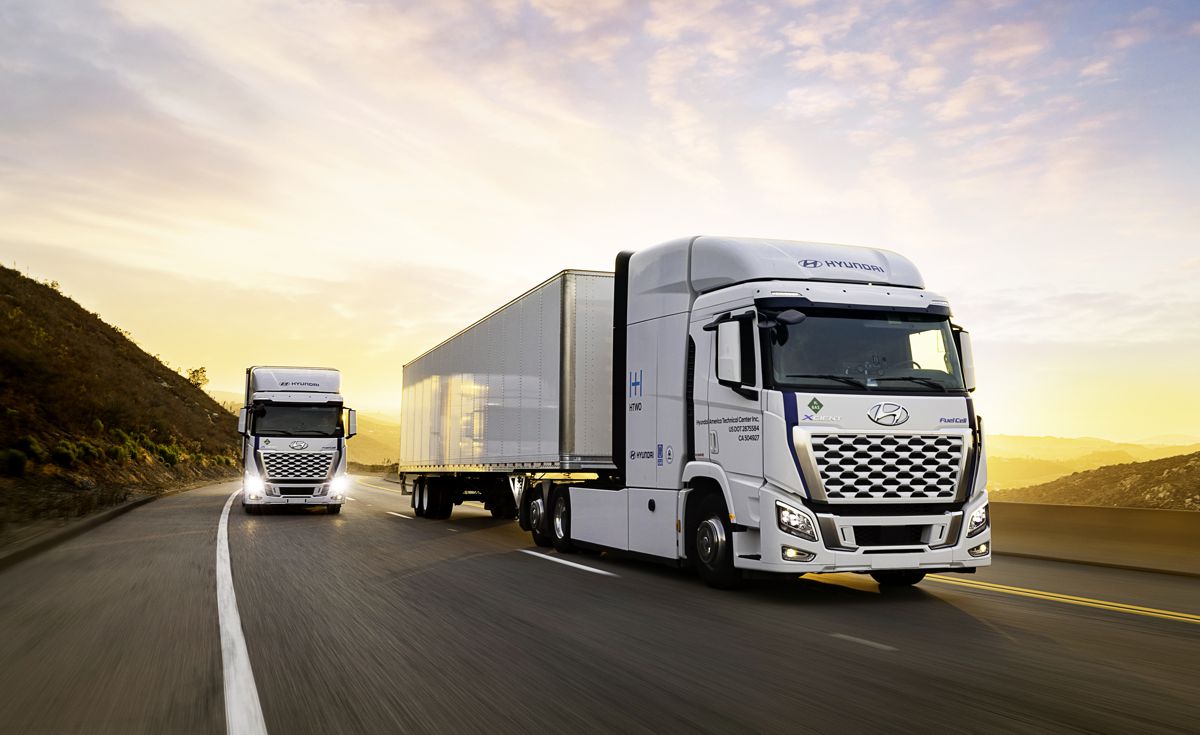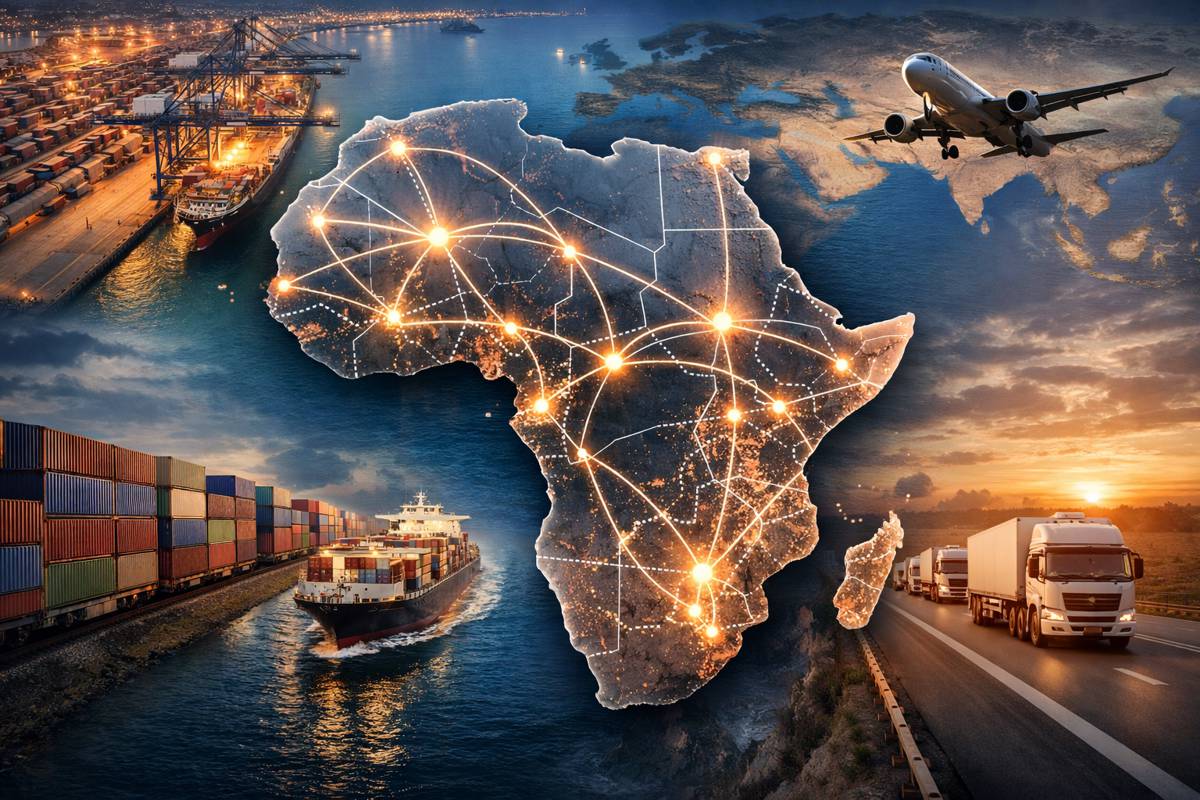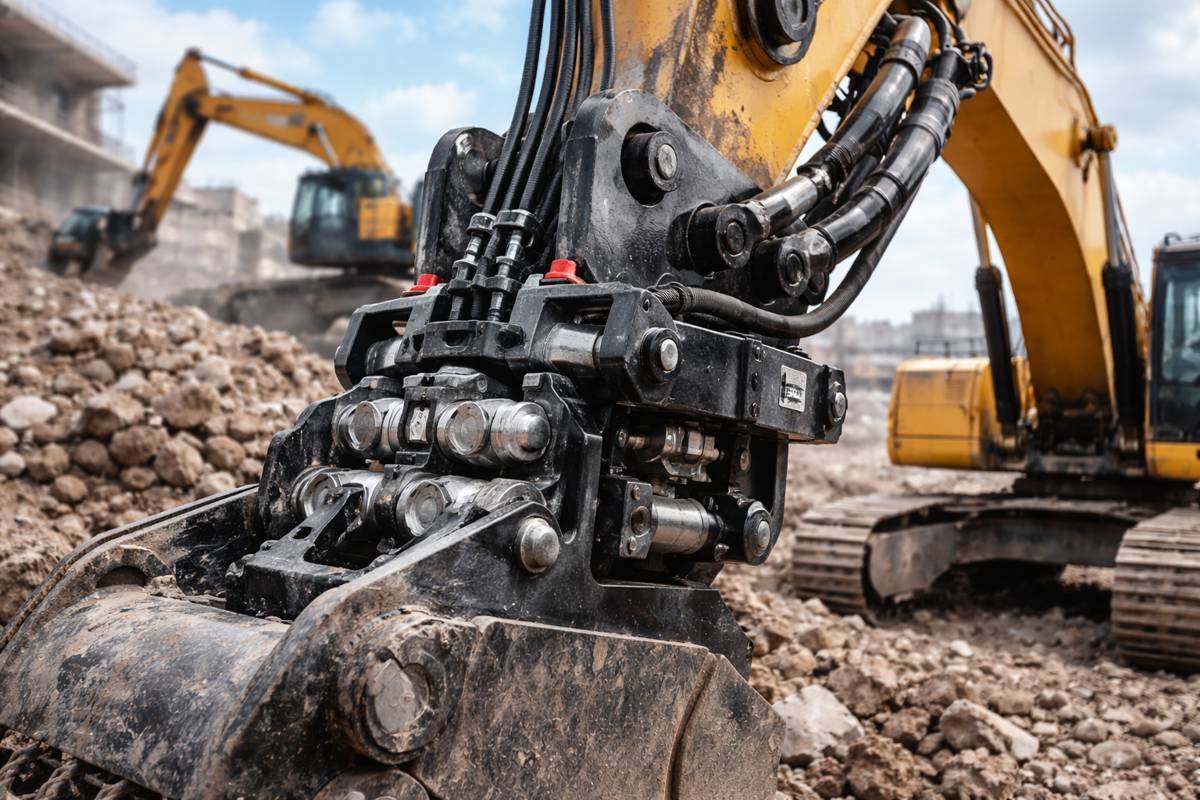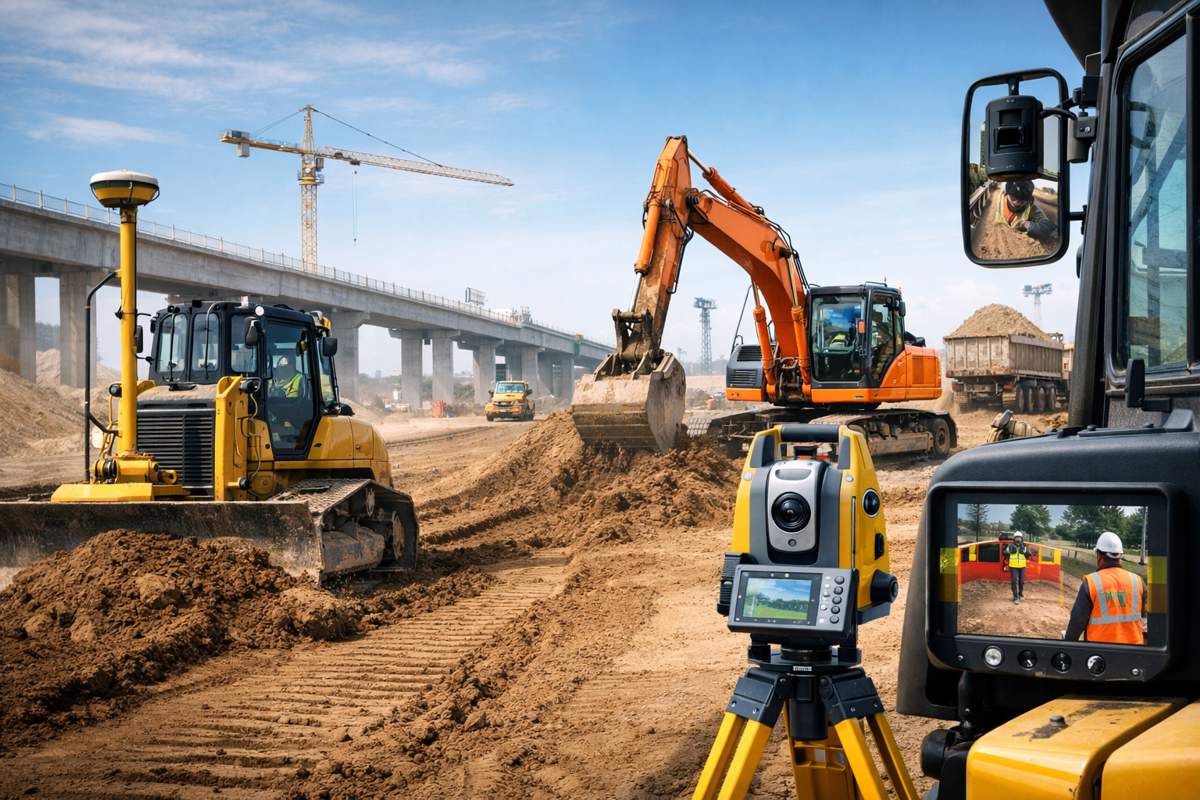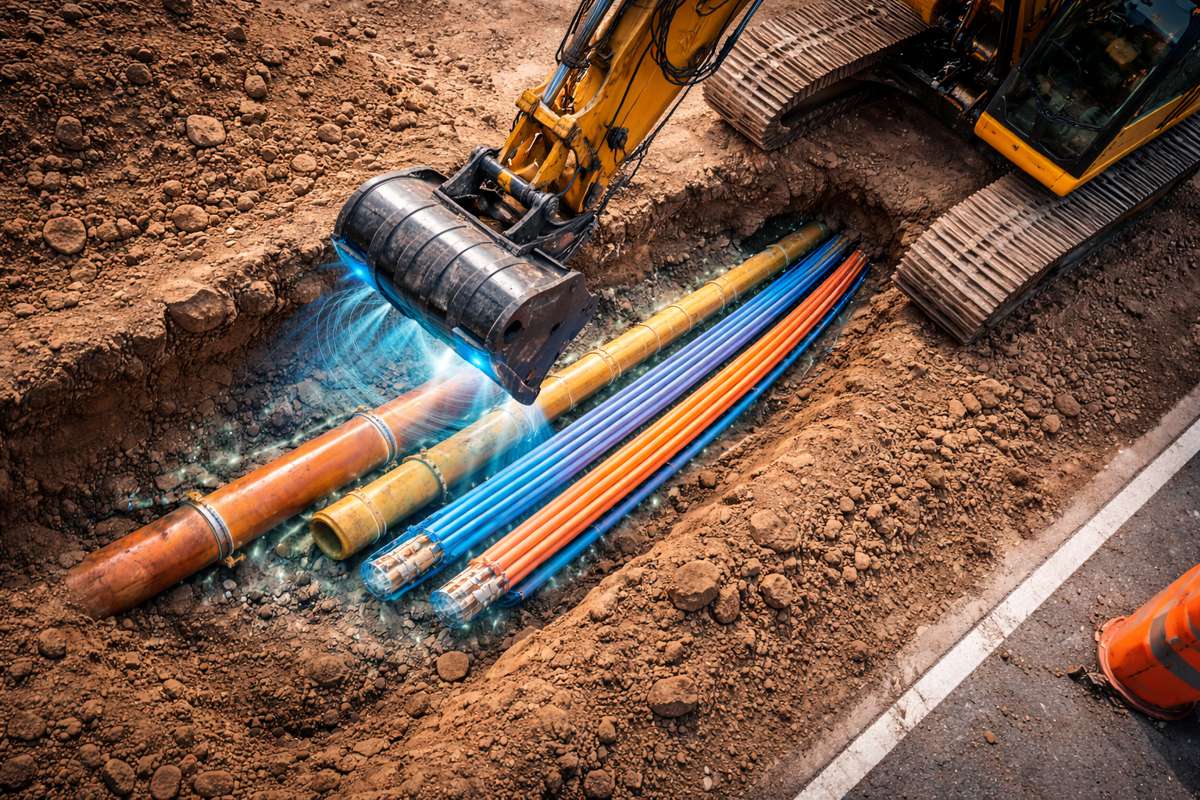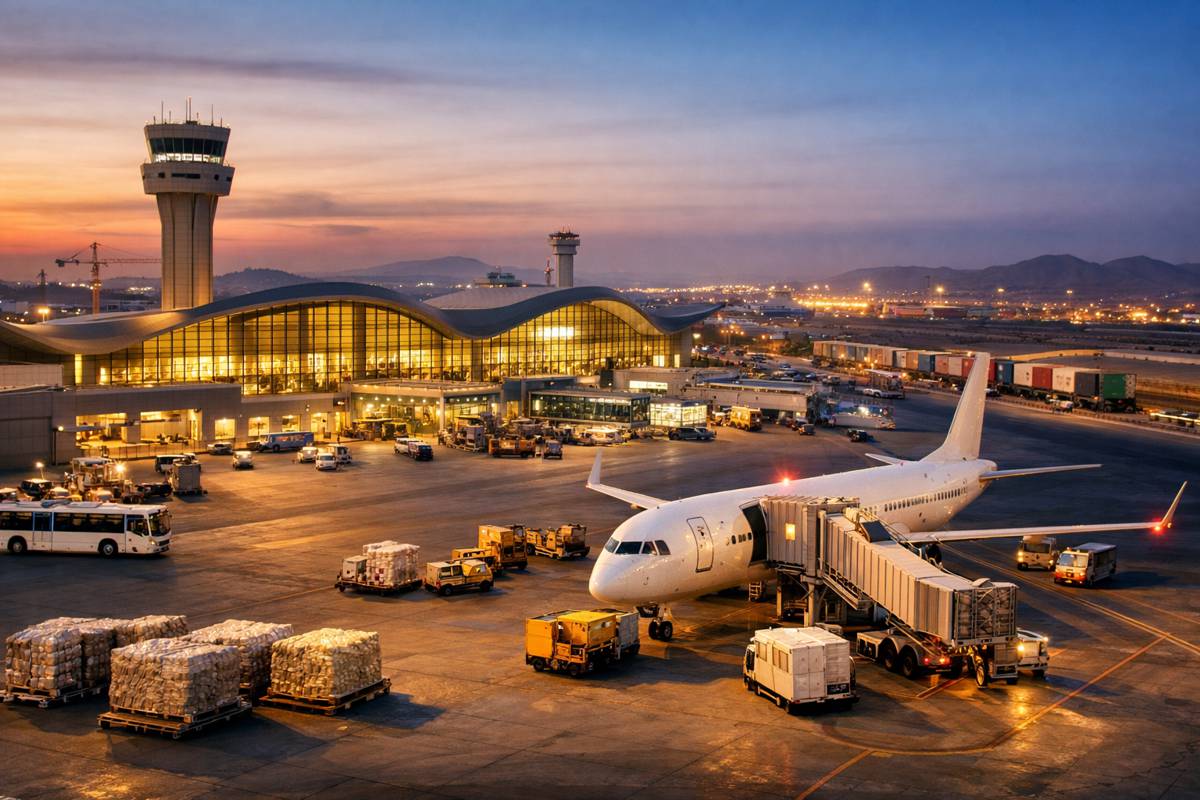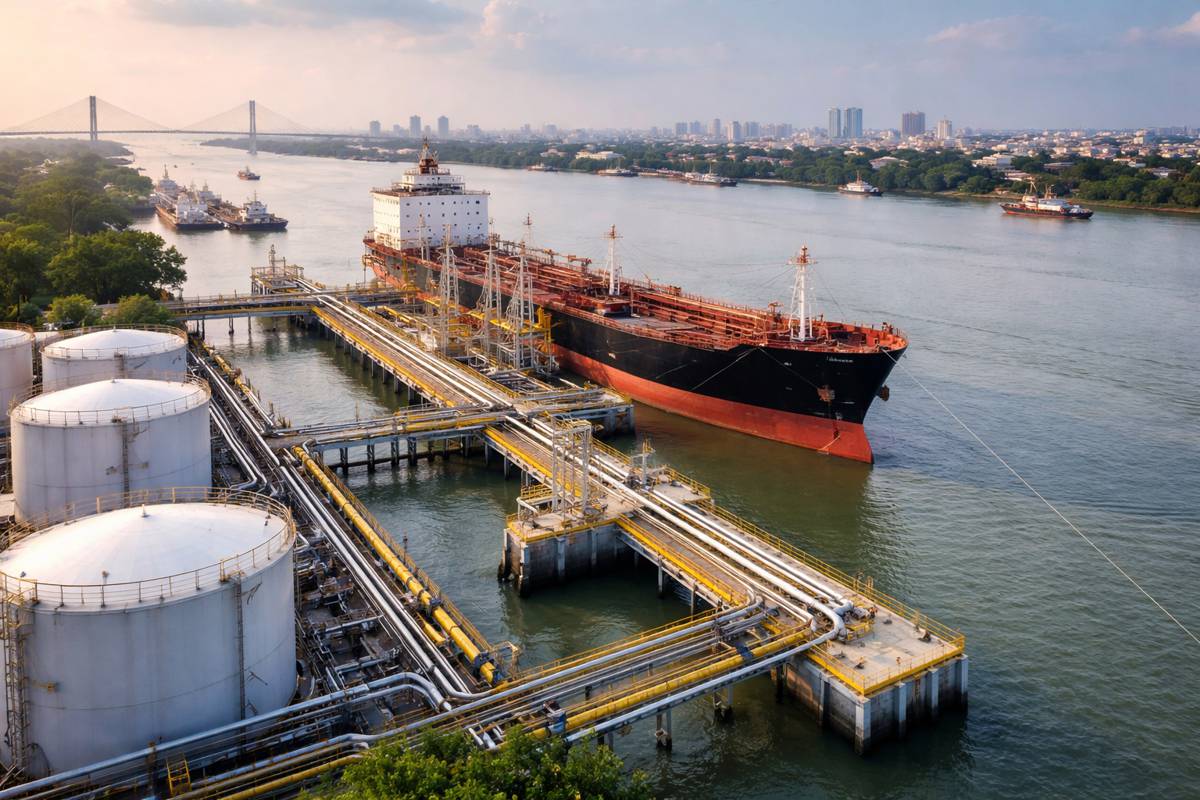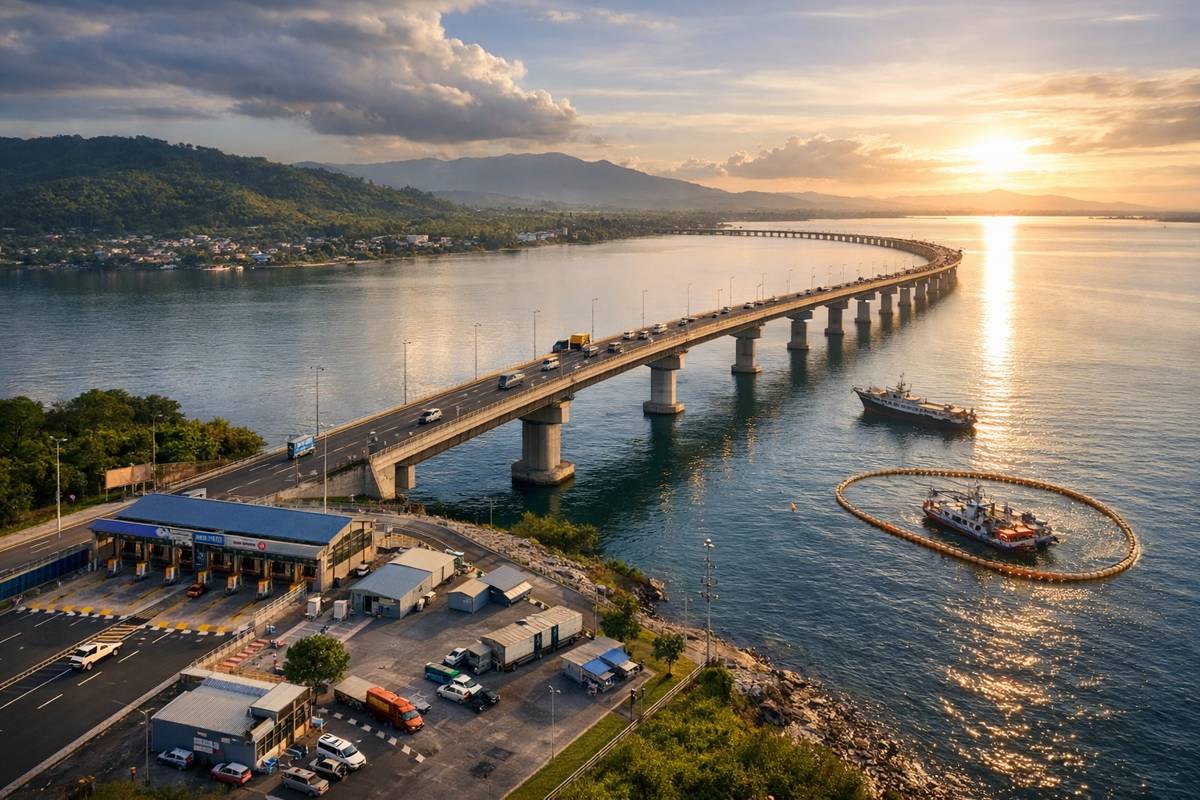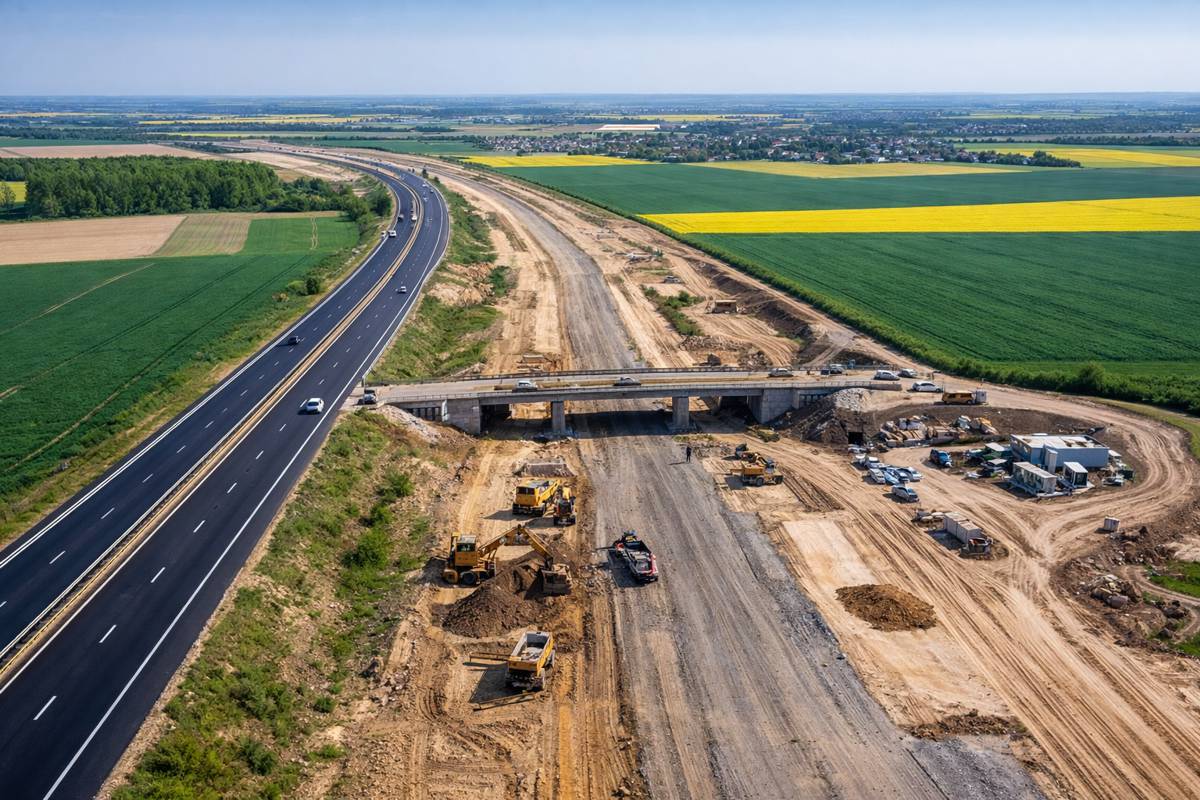Hyundai Drives Hydrogen Future with US Expansion of XCIENT Fuel Cell Trucks
Hyundai is charging full speed into North America’s clean logistics revolution, appointing Hyundai Translead as the official distributor of its XCIENT Fuel Cell Trucks.
This strategic move signals a major leap forward in hydrogen-powered freight transport, giving customers across the continent direct access to zero-tailpipe emission vehicles that promise to reshape the commercial trucking landscape.
The partnership brings together Hyundai’s world-class fuel cell innovation with Hyundai Translead’s deep expertise in trailer manufacturing and distribution. The result is a unified platform for sustainable logistics, one that simplifies procurement, streamlines operations, and sets the stage for the next generation of clean commercial transport.
A Global Benchmark in Green Mobility
Launched in 2020, the XCIENT Fuel Cell holds the distinction of being the world’s first mass-produced hydrogen-powered heavy-duty truck. It’s a flagship in Hyundai’s portfolio of clean mobility solutions, combining high performance with cutting-edge sustainability. The truck demonstrates the automaker’s commitment to creating practical zero-emission alternatives for the freight industry.
Since its debut, Hyundai has delivered more than 3,500 fuel cell commercial vehicles worldwide, including over 250 heavy-duty XCIENT trucks and a growing fleet of hydrogen-powered transit and coach buses. Each deployment adds valuable real-world data and momentum to the company’s vision of a global hydrogen economy.
In California, Hyundai has already made its mark. The company deployed 35 XCIENT Fuel Cell trucks through two major initiatives, 30 under the NorCAL ZERO Project and five additional vehicles through the U.S. Environmental Protection Agency’s Targeted Airshed Grants (TAG) programme. Together, these efforts are cutting emissions in regions most affected by air pollution while proving the commercial viability of hydrogen-powered fleets.
More recently, 21 XCIENT Fuel Cell trucks were introduced to support operations around Hyundai Motor Group Metaplant America in Georgia, further expanding the brand’s clean logistics footprint across the United States.
A Strategic Alliance for Sustainable Logistics
The appointment of Hyundai Translead as distributor marks a turning point in Hyundai’s commercial vehicle strategy for North America. Combining Hyundai Motor’s hydrogen innovation with Hyundai Translead’s manufacturing and trailer expertise gives customers access to an integrated logistics ecosystem, one where clean technology meets proven performance.
Chul Youn Park, Senior Vice President and Head of Global Commercial Vehicles at Hyundai Motor Company, emphasised the milestone: “Appointing Hyundai Translead as the official distributor of our XCIENT Fuel Cell Trucks in North America is a step toward advanced sustainable logistics. By combining our hydrogen truck technology with Hyundai Translead’s trailer expertise, we aim to support our customers in adopting clean transport solutions today and preparing for the emerging needs of tomorrow.”
This collaboration extends beyond simple product distribution. It’s a vision for a more connected, cleaner logistics infrastructure that can scale as hydrogen technology matures and refuelling networks expand.
Engineering the Future of Freight
Founded in 1989 and headquartered in San Diego, Hyundai Translead has grown to become North America’s leading van trailer manufacturer. The company produces a comprehensive range of transport equipment, including dry and refrigerated van trailers, flatbeds, chassis, truck bodies, and dollies, serving as a crucial link in the freight and logistics supply chain.
Sean Kenney, CEO of Hyundai Translead, underlined the company’s forward-thinking approach: “Our focus is on delivering more integrated and flexible transportation solutions that empower our customers and advance the industry. We’re not only improving operational efficiency and enabling the use of advanced technologies, but we’re also building a more cohesive approach that opens the door to future possibilities.”
As a wholly owned subsidiary of Hyundai Motor Group, Translead plays a vital role in connecting vehicle technology with infrastructure and logistics. Its appointment as the exclusive North American distributor for the XCIENT Fuel Cell represents more than a business move, it’s a statement of intent about the group’s ambitions for decarbonising freight.
The Missing Link in Decarbonising Heavy Transport
Hydrogen is rapidly gaining momentum as the next frontier for clean transportation, particularly for sectors that demand long range and fast refuelling. Unlike battery-electric trucks, hydrogen-powered vehicles offer extended range capabilities and minimal downtime, key factors for logistics operators managing large fleets or long-haul routes.
The XCIENT Fuel Cell truck is powered by a 180 kW hydrogen fuel cell system, delivering robust performance while emitting only water vapour. With a driving range of up to 400 miles per charge depending on load and terrain, it offers a practical alternative to diesel without compromising on power or efficiency.
As governments and corporations alike commit to net-zero goals, hydrogen fuel cell trucks are increasingly being viewed as a critical part of the solution. In the United States, growing support from state and federal programmes, such as California’s Hybrid and Zero-Emission Truck and Bus Voucher Incentive Project (HVIP), is making adoption more accessible for fleet operators.
Expanding the Hydrogen Ecosystem
While vehicle technology is advancing rapidly, the expansion of hydrogen refuelling infrastructure remains essential to widespread adoption. Hyundai is investing heavily in this space, partnering with global energy and logistics firms to establish robust hydrogen production, distribution, and storage systems.
Across North America, several hydrogen corridors are under development, linking key freight routes and industrial hubs. The NorCAL ZERO Project, for instance, includes a state-of-the-art hydrogen refuelling station designed to service commercial trucks efficiently and sustainably.
These initiatives are paving the way for an ecosystem that supports hydrogen mobility at scale, an essential step in reducing emissions across one of the world’s most carbon-intensive industries.
Building the Future, One Truck at a Time
Hyundai’s decision to integrate distribution under Hyundai Translead underscores a broader trend within the company: unifying innovation, manufacturing, and logistics under a single umbrella to accelerate the transition toward a zero-emission future.
The move aligns perfectly with the Hyundai Motor Group’s long-term Hydrogen Vision 2040, which aims to make hydrogen the dominant energy source for mobility and industry alike. By leveraging its extensive global network and proven manufacturing capabilities, Hyundai is positioning itself at the forefront of the clean energy transition, turning sustainability from an aspiration into a tangible reality.
Driving Forward with Confidence
As the global logistics sector grapples with decarbonisation challenges, Hyundai’s approach offers a model for collaboration, innovation, and commitment. The introduction of XCIENT Fuel Cell trucks to North America represents more than a technological milestone, it’s a clear signal that the hydrogen era in heavy transport has begun.
By combining advanced fuel cell systems, trailer manufacturing excellence, and strategic foresight, Hyundai is paving the road for sustainable freight. One truck at a time, it’s redefining how goods move across continents, driving the world toward a cleaner, more resilient transport future.
